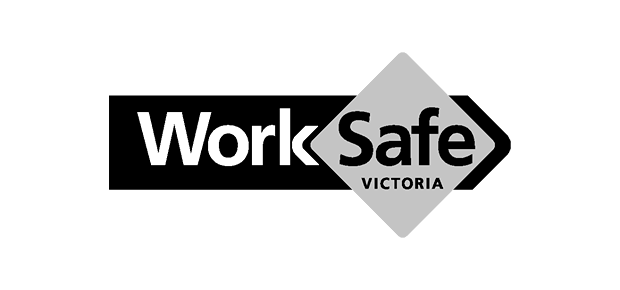Shoulder Pain and Injury
Thousands of shoulder surgeries occur in Australia each year but manual therapy & exercise are as effective in many cases
Joint sprains, Arthritis, Fractures and dislocations, Impingement syndromes, Rotator cuff tears or tendonitis or Subacromial bursitis
The problem
The shoulder is not a single joint but a complex of four joints that function together to move the arm and hand. Injury or dysfunction to any of these joints can give similar pain on swinging and overhead activities or pain in bed at night or first thing in the morning.
Some of the most common causes of pain around the shoulder are inflammation, impingement or tears to the tendons of the rotator cuff. It is also common to have inflammation of other structures in the shoulder such as the ligaments, the joint capsule or the bursa (bursitis) – and we often see a number of these occurring at the one time!
Who it affects
Shoulder injuries are very common in sporting populations, especially throwing and racket sports like cricket, tennis or squash. We also tend to see chronic shoulder pain in people who have sedentary lifestyles or occupations. Hunching for prolonged periods can cause postural stress and stiffness in the thoracic spine and shoulders, which can lead to difficulty with a range of daily activities.
What we do about it
To ensure the right treatment for your shoulder it is critical that we determine the key contributors to your pain. A thorough assessment will allow us to tell you if your shoulder pain is caused by a problem with the shoulder or if it is referred from the neck, back or chest.



Want to know more?
You can learn more about our approach to shoulder pain and improving shoulder function by checking out blogs in the MOH shoulder series;
- What's wrong with my shoulder?
- Osteopathic treatment for the shoulder
- The rotator cuff and shoulder mobility
- Pilates for shoulder strength & stability
- Building shoulder strength
- Myotherapy and shoulder blade pain
Want to book an appointment?
If you would like to book an appointment with one of our Osteopaths, click here.
If you can’t find a time that’s convenient just give us a call and we’ll be happy to help you.









